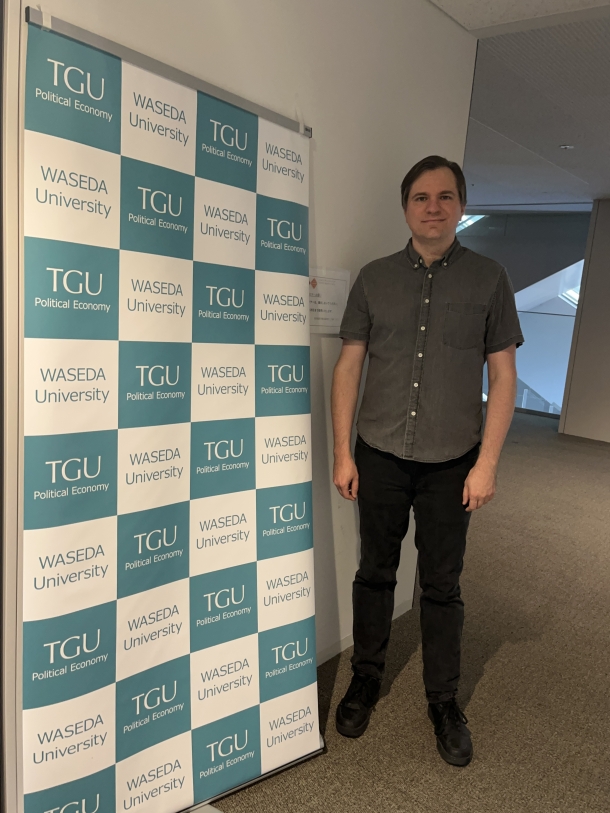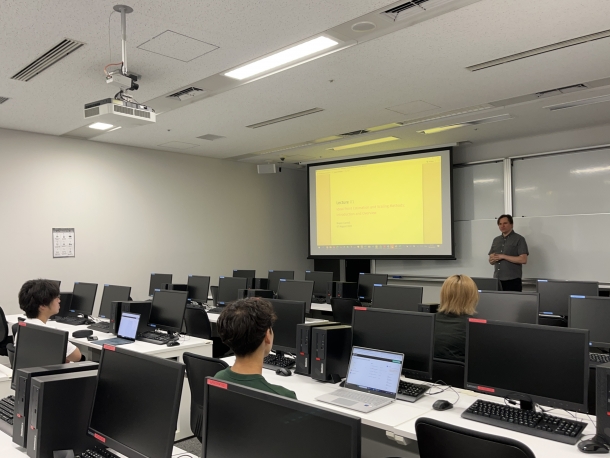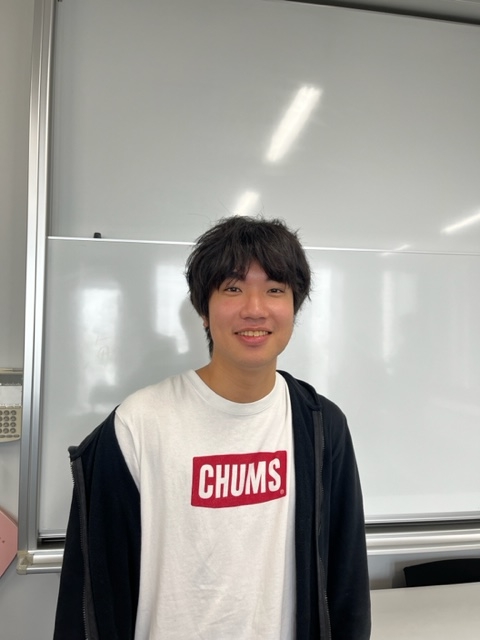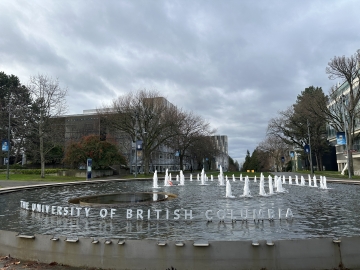The Center of Positive/Empirical Analysis of Economy together with the University of Essex in the U.K., co-organized and held the Essex Summer School @ Waseda University, this fiscal year in person.
In FY2020 and FY2021, the Essex Summer School, which had previously been held every summer at Waseda University, could not be held at the University due to the COVID-19 pandemic. In FY2023, the Essex Summer School @ Waseda was held for the sixth time.
Date: Sep. 18-26, 2023
- Course1:Scaling Methods and Ideal Point Estimation by Dr. Royce Carroll
*Course Outline(Summer Schools | University of Essex)


Course1:Scaling Methods and Ideal Point Estimation
Dr Royce Carroll from the University of Essex taught Scaling Methods and Ideal Point Estimation this year for an in-person class after having to forego coming to Japan in 2022. The class was aimed at intermediate and advanced students, and despite the challenging nature of the program, the careful and enthusiastic instruction resulted in the students being very satisfied with the course.
Report from Student
 Sota Araki Senior, Political Science and Economics, Waseda University
Sota Araki Senior, Political Science and Economics, Waseda University
In this summer school, we learned a method called ideal point estimation, which spatially estimates potential variables that may influence recorded responses in a survey, and then estimates each individual’s position within that space in detail. Specifically, I learned how to estimate the ideological position of each voter, party, and legislator based on records of each legislator’s actions (for and against) on bills, survey data on voters, and voting records. I am interested in human decision-making in politics, such as voting behavior, and in this field, spatial theories, such as the medium voter theorem, which represent human preferences on a number line or two-dimensional space and make decisions based on their positions, have been developed based on economics. This spatial thinking in politics has also permeated voters in the form of ideology. On the other hand, the problem in empirically studying such theories is to actually set up and measure what is the actual space and where are the positions of each individual in that space, which has been considered difficult, especially in Japan where ideological values are not well shared. The contents we learned in this class can solve this problem by creating a space from the data itself and can estimate not only the positional relationship between points in the space but also the detailed position of each point, which I felt is a very innovative solution.
Prof. Royce Caroll taught the class in a very detailed and easy-to-understand manner despite the small number of students, and he distributed and demonstrated R code that could implement the content of the class each time, so I was able to master what I had learned both theoretically and practically. Although the course content itself is at an advanced level, the lectures are explained from a basic level, and there is also excellent technical support for R. Therefore, I felt that even undergraduate students could keep up with the course content if they understood the required course level content, such as Introduction to Political Analysis. If you are interested in conducting research using individual-level data on voters and legislators as the topic of your graduation thesis or master’s thesis, I strongly recommend you to take this course.








